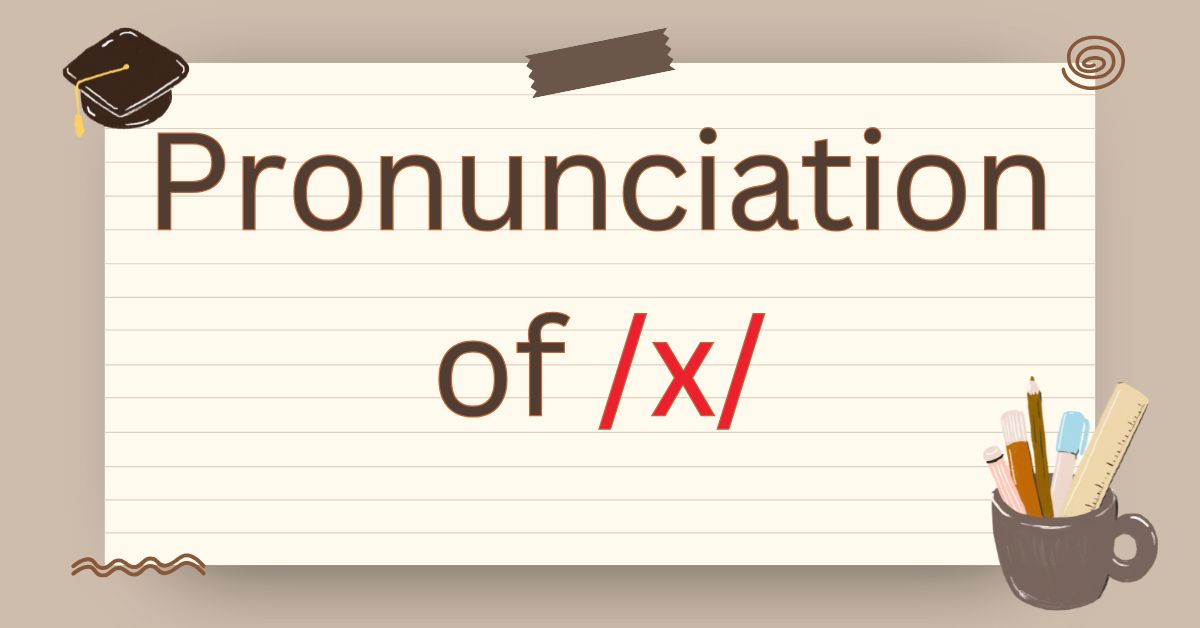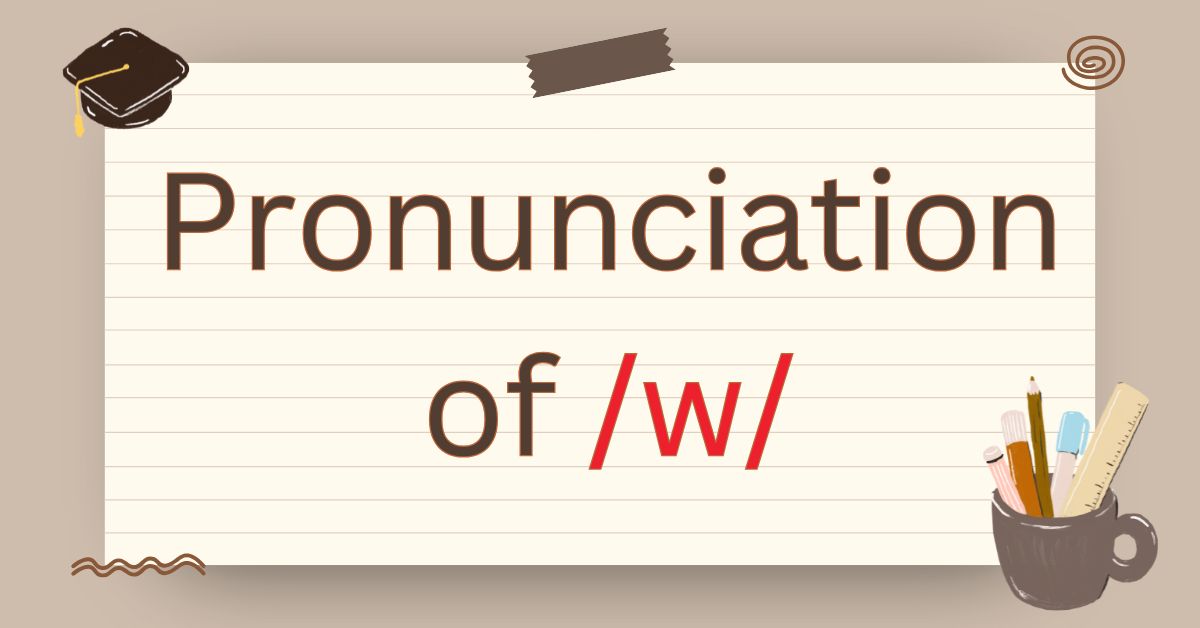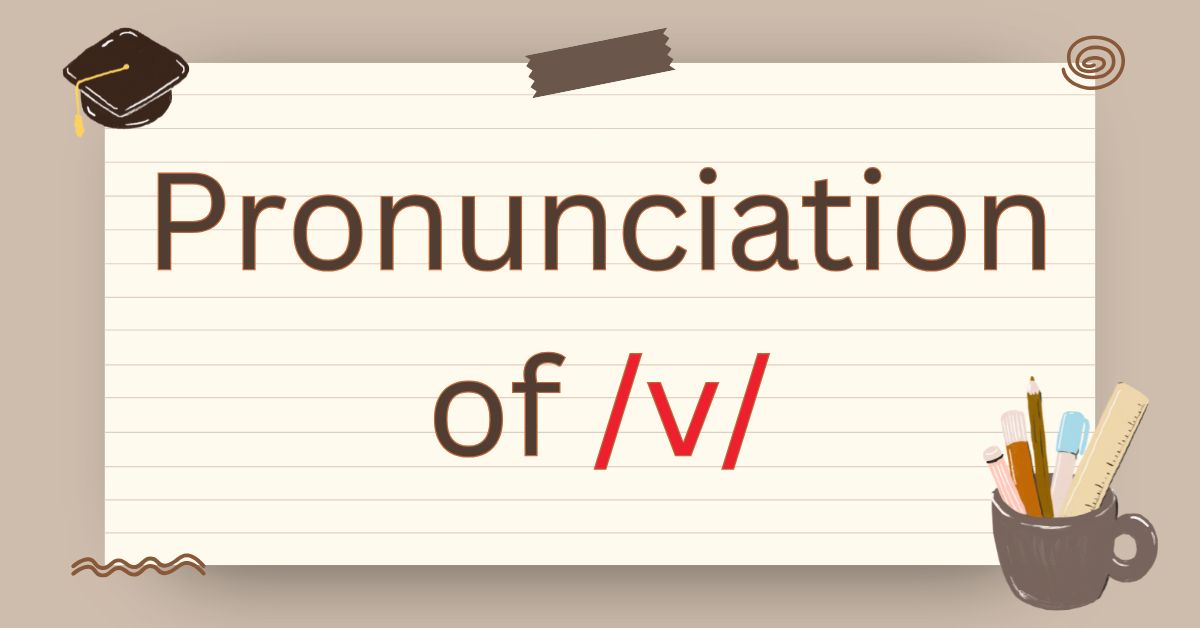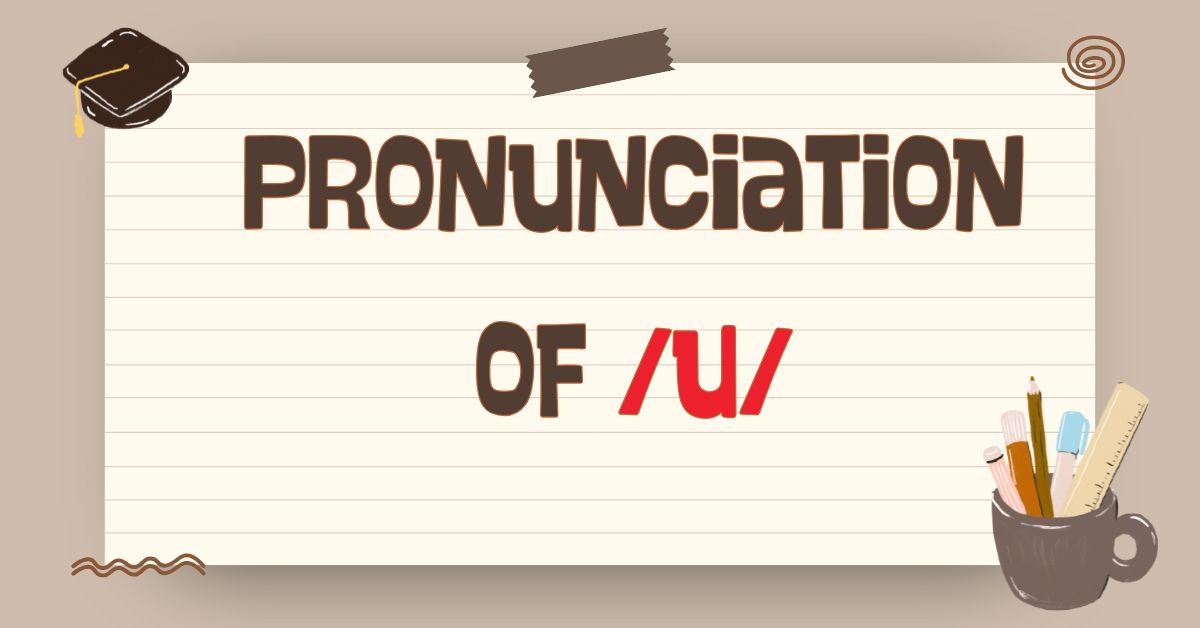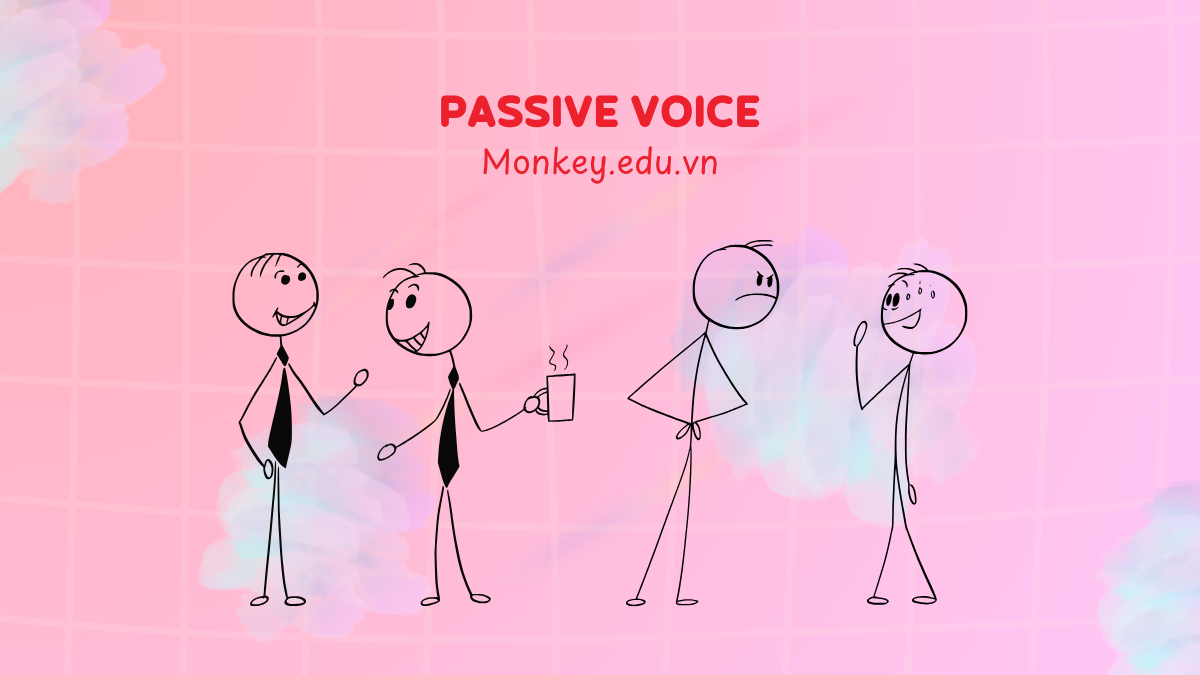ประโยคเงื่อนไขแบบที่ 1 เป็นโครงสร้างไวยากรณ์พื้นฐานที่พบได้บ่อยทั้งในการสอบและการสื่อสารในชีวิตประจำวัน บทความนี้จะพาคุณไปเรียนรู้รายละเอียดเกี่ยวกับความหมาย รูปแบบ และการใช้งานในบริบทต่าง ๆ เพื่อให้เข้าใจกฎทั้งหมดของประโยคเงื่อนไขแบบที่ 1 ได้อย่างลึกซึ้ง
ประโยคเงื่อนไขแบบที่ 1 คืออะไร?
เราจะใช้ประโยคเงื่อนไขแบบที่ 1 เมื่อพูดถึงการกระทำ เหตุการณ์ หรือสถานการณ์ที่อาจเกิดขึ้นในอนาคต หากมีเงื่อนไขบางอย่างเกิดขึ้นก่อน
ตัวอย่างของประโยค If-clause แบบที่ 1:
-
The dog will hide if he sees a cat.
-
I will be famous if I get a role in the film.
-
If it doesn't rain tomorrow, we will go to the beach.
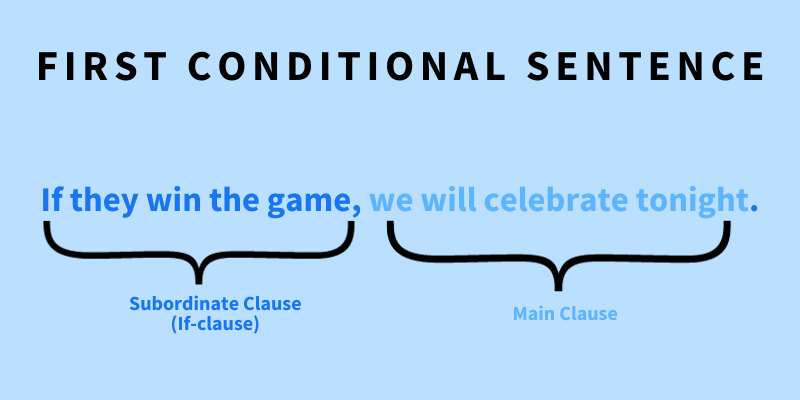
รูปแบบของประโยค “If type 1”
เช่นเดียวกับประโยคเงื่อนไขประเภทอื่น ๆ ประโยคเงื่อนไขแบบที่ 1 จะมี 2 ส่วน ได้แก่ If clause ที่อธิบายเงื่อนไข “if” และ Main clause ที่อธิบายผลลัพธ์ “then” ว่าสิ่งใดจะเกิดขึ้น
โครงสร้างประโยค:
|
If clause (If) |
Main clause (Then) |
|
If + S + V(s, es) …, |
S + will + V |
หมายเหตุ:
-
If clause สามารถอยู่ตำแหน่งแรกหรือที่สองของประโยคได้
-
หาก If-clause type 1 อยู่ต้นประโยค ต้องมีเครื่องหมายจุลภาค “,” คั่นระหว่างสองประโยค
-
ในประโยคเงื่อนไขเชิงปฏิเสธ สามารถใช้ Unless แทน If not ได้
รูปแบบการกลับประโยคของประโยคเงื่อนไขแบบที่ 1
ในการใช้ประโยคเงื่อนไข การกลับประโยคมักแสดงถึงความสุภาพ การร้องขอ หรือการขอให้ทำบางสิ่ง
|
กรณีใช้กับ “To be” |
กรณีใช้กับกริยาอื่น (Other Verbs) |
|
Should + S + (not) + be + … |
Should + S + (not) + V + … |
|
ตัวอย่าง: If you are regularly late to work, you won’t get a bonus this month. -> Should you be regularly late to work, you won’t get a bonus this month. |
ตัวอย่าง: If the children feel happy, their parents will be satisfied. -> Should the children feel happy, their parents will be satisfied. |
การใช้ประโยคเงื่อนไขแบบที่ 1
|
ใช้เพื่อทำนายการกระทำ สถานการณ์ หรือเหตุการณ์ที่อาจเกิดขึ้นในปัจจุบันหรืออนาคต |
|
|
ใช้เพื่อบอกจุดประสงค์ ข้อเสนอ หรือคำขอ |
|
|
ใช้เพื่อบอกคำเตือนหรือการข่มขู่ |
|
รูปแบบการเปลี่ยนแปลงของประโยคเงื่อนไขแบบที่ 1
1. การเปลี่ยนแปลงในส่วนของประโยคหลัก
|
โครงสร้าง |
ตัวอย่าง |
|
ใช้กริยา modal (may/can) เพื่อแสดงการยินยอมหรือการเห็นด้วย |
|
|
ใช้อนาคตกาลต่อเนื่องหรืออนาคตกาลสมบูรณ์เพื่อเน้นสภาวะของเหตุการณ์ที่กำลังเกิดขึ้นหรือเสร็จสิ้น |
|
|
ใช้ประโยคเงื่อนไขแบบที่ 1 กับ “would like to / must / have to / should” เพื่อแสดงคำแนะนำ ข้อเสนอแนะ หรือ |
|
2. การเปลี่ยนแปลงในส่วนของ If-clause
|
โครงสร้าง |
ตัวอย่าง |
|
ใช้ปัจจุบันกาลต่อเนื่องเพื่ออธิบายการกระทำที่กำลังเกิดขึ้น |
|
|
ใช้กาลปัจจุบันสมบูรณ์ใน If-clause เมื่อไม่แน่ใจเกี่ยวกับเวลาของการกระทำนั้น |
If I've finished writing my paper by tonight, I'll go out with my friends. |
|
ใช้ “will” ใน If-clause เพื่อแสดงคำร้องขอ |
If Anna will just wait a moment, John’ll find someone to help her. |
|
สามารถใช้ปัจจุบันกาลธรรมดาในทั้งสองประโยคได้ |
Give it to Jenny if you meet her. |
อ่านเพิ่มเติม:
-
ประโยคเงื่อนไขแบบที่ 0
-
ประโยคเงื่อนไขแบบที่ 2
-
ประโยคเงื่อนไขแบบที่ 3
แบบฝึกหัดสำหรับประโยคเงื่อนไขแบบที่ 1 (พร้อมเฉลย)
แบบฝึกหัดที่ 1: เขียนประโยคเงื่อนไขแบบที่ 1 จากคำใบ้ต่อไปนี้
1. she/ pass / Linda / If / the exam / will / studies / harder.
2. will / you / If / come / the party / to / play / we / together.
3. the bus / If / catch / late / won’t / at / school / be / we / on time.
4. If / rains / tomorrow / it / picnic / have / won’t / we / a.
5. the movie / the tickets / If / buy, / we / can / watch.
6. the cake / finish, / we / can / eat / If / dinner / early, / for dessert.
7. the train / catch, / If / we / won’t / be / on time / for the meeting.
8. the party / bring / If / snacks, / everyone / will / enjoy / the.
9. the invitation / receive, / If / we / attend / the event.
10. Hung / helps / If / Lan, / she / be / grateful.
แบบฝึกหัดที่ 2: เติมรูปกริยาที่ถูกต้องในวงเล็บ โดยใช้โครงสร้างประโยคเงื่อนไขแบบที่ 1
1. If you (send) ......................... this letter now, she (receive) ......................... it tomorrow.
2. If I (do) ......................... this test, I (improve) ......................... my English.
3. If I (find) ......................... your ring, I (give) ......................... it back to you.
4. Peggy (go) ......................... shopping if she (have) ......................... time in the afternoon.
5. Simon (go) ......................... to London next week if he (get) ......................... a cheap flight.
6. If her boyfriend (not/phone) ......................... today, she (leave) ......................... him.
7. If they (not/study/) ......................... harder, they (not/pass) ......................... the exam.
8. If it (rain) ......................... tomorrow, I (not/have to) ......................... water the plants.
9. You (not/be able) ......................... to sleep if you (watch) ......................... this scary film.
10. Susan (can/not/move) ......................... into the new house if it (not/be) ......................... ready on time.
แบบฝึกหัดที่ 3: เขียนประโยคใหม่โดยใช้รูปกลับประโยคกับ “should”
1. If you finish your chores, you can go out to play.
2. If Hung studies hard, he will pass the exam.
3. If it doesn’t rain, Le will have a picnic in the park.
4. If they come to the party, we will have a great time.
5. If Linh doesn’t eat your vegetables, she won’t get dessert.
6. If she doesn’t finish her homework, she won’t be allowed to play outside.
7. If they don’t clean their room, they won’t be able to watch TV.
8. If he doesn’t help with the chores, he won’t get pocket money.
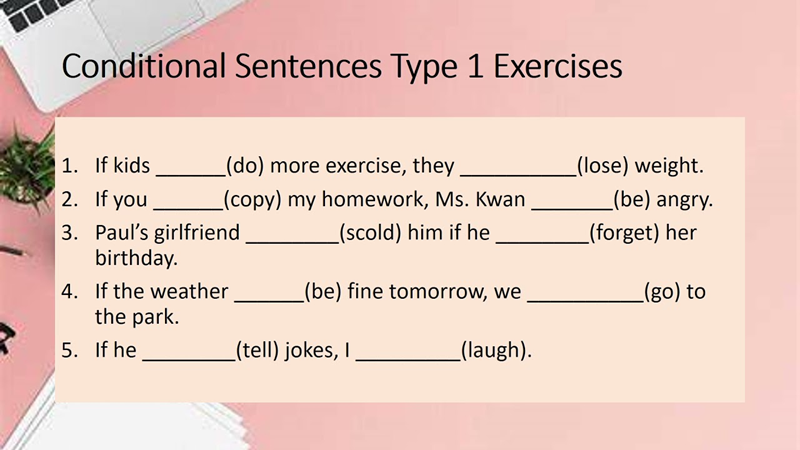
เฉลย
แบบฝึกหัดที่ 1:
1. If Linda studies harder, she will pass the exam.
2. If you come to the party, we will play together.
3. If we catch the bus late, we won’t be at school on time.
4. If it rains tomorrow, we won’t have a picnic.
5. If we buy the tickets, we can watch the movie.
6. If we finish dinner early, we can eat the cake for dessert.
7. If we don’t catch the train, we won’t be on time for the meeting.
8. If you bring snacks to the party, everyone will enjoy them.
9. If we receive the invitation, we will attend the event.
10. If Hùng helps Lan, she will be grateful.
แบบฝึกหัดที่ 2:
1. If you send this letter now, she will receive it tomorrow.
2. If I do this test, I will improve my English.
3. If I find your ring, I will give it back to you.
4. Peggy will go shopping if she has time in the afternoon.
5. Simon will go to London next week if he gets a cheap flight.
6. If her boyfriend does not phone today, she will leave him.
7. If they do not study harder, they will not pass the exam.
8. If it rains tomorrow, I will not have to water the plants.
9. You will not be able to sleep if you watch this scary film.
10. Susan cannot move into the new house if it is not ready on time.
แบบฝึกหัดที่ 3:
1. Should you finish your chores, you can go out to play.
2. Should Hung study hard, he will pass the exam.
3. Should it not rain, Lệ will have a picnic in the park.
4. Should they come to the party, we will have a great time.
5. Should Linh not eat your vegetables, she won’t get dessert.
6. Should she not finish her homework, she won’t be allowed to play outside.
7. Should they not clean their room, they won’t be able to watch TV.
8. Should he not help with the chores, he won’t get pocket money.
Monkey Junior - เส้นทางการเรียนรู้ภาษาอังกฤษที่ครอบคลุมสำหรับเด็ก
ให้การเรียนภาษาอังกฤษของเด็กเต็มไปด้วยความสนุกกับ Monkey Junior แอปเรียนรู้ผ่านเกมที่ออกแบบโดยผู้เชี่ยวชาญด้านการศึกษาปฐมวัย เด็กสามารถเรียนรู้คำศัพท์ เสียงอ่าน และประโยคได้จากการเล่นเกมมากกว่า 4000 กิจกรรมในรูปแบบหลากหลาย
เทคโนโลยี AI M-Speak และ M-Write ช่วยตรวจจับเสียงพูดและลายมือเขียนของเด็ก เพื่อฝึกการออกเสียงและการเขียนให้ถูกต้อง พร้อมระบบ Live Interactive ที่เปิดโอกาสให้เด็กได้มีส่วนร่วมกับวิดีโอแบบโต้ตอบ ทำให้ทุกบทเรียนทั้งสนุกและทรงพลังในการเรียนรู้

การเรียนรู้ประโยคเงื่อนไขแบบที่ 1 อย่างเข้าใจ จะช่วยให้ผู้เรียนสามารถสื่อสารภาษาอังกฤษได้อย่างเป็นธรรมชาติและถูกต้องมากขึ้น ทั้งในชีวิตประจำวันและในข้อสอบภาษาอังกฤษต่างๆ หากคุณฝึกฝนแบบฝึกหัดเกี่ยวกับประโยคเงื่อนไขแบบที่ 1 เป็นประจำ คุณจะเข้าใจหลักการสร้างประโยคได้ดียิ่งขึ้น และสามารถนำไปใช้ได้อย่างมั่นใจในทุกสถานการณ์.



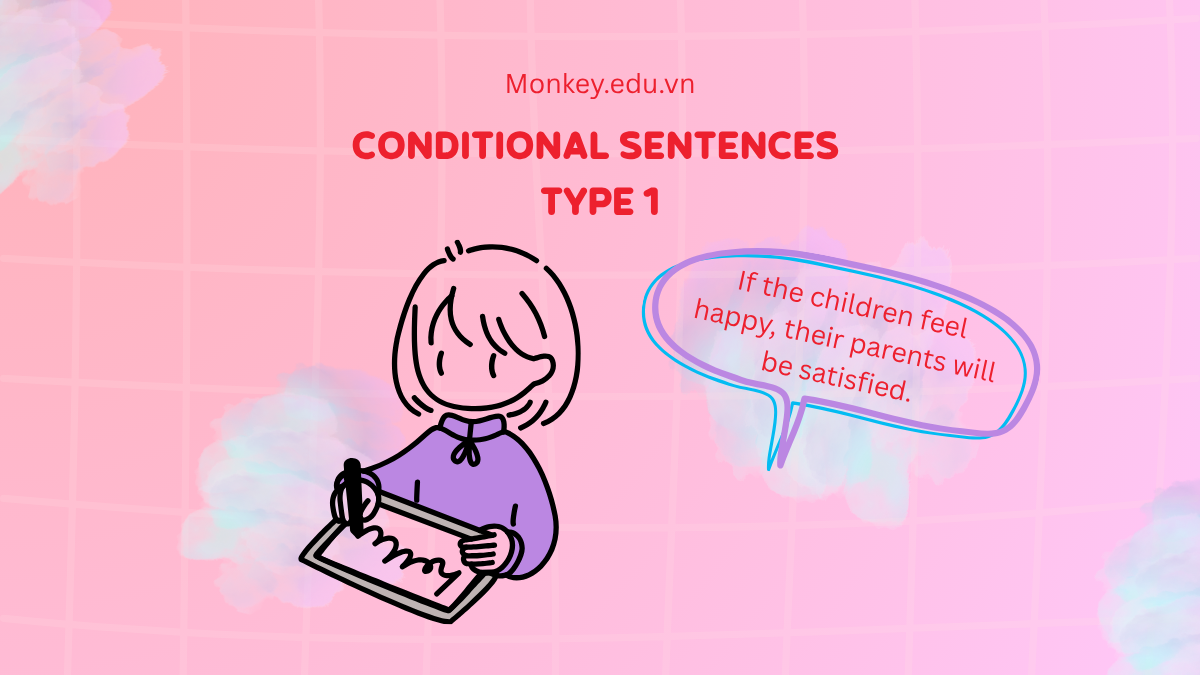
.png)
